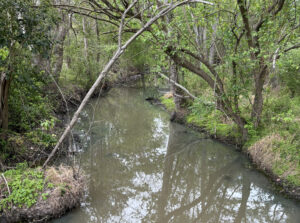News
Sound Rivers signs on to biogas statement outlining concerns
Posted on April 15th, 2021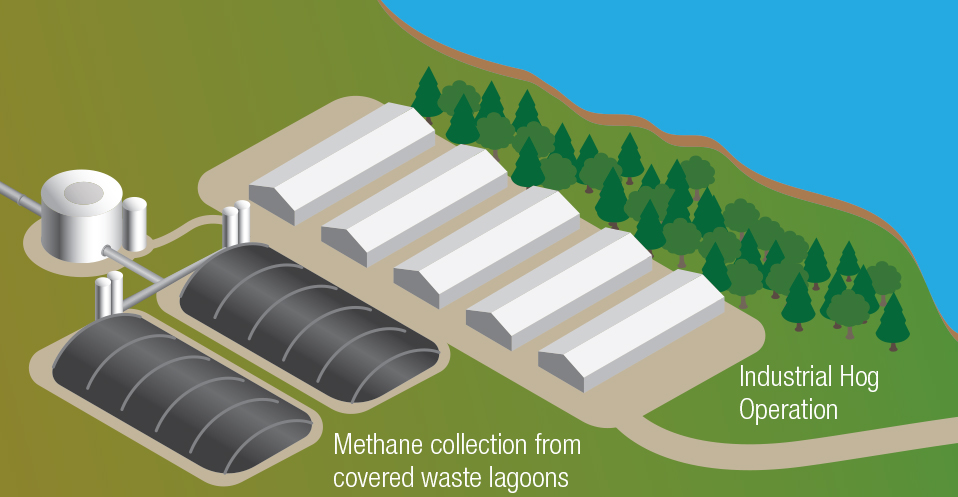
“There is no dispute that the existing waste management system via lagoons and spray fields harms our water, air and health. The biogas plans proposed in North Carolina do not fix these waste management issues and in some ways may make the problem much worse. We stand with local community members who have been harmed for decades and will continue to advocate for truly beneficial reform.”
Sound Rivers signed on to a biogas position statement outlining our concerns with the expansion of directed biogas in North Carolina.
This position statement was developed and signed onto by 25 environmental and community organizations in response to directed biogas projects in North Carolina.
The Grady Road Project is the first of what we anticipate to be many more directed biogas projects across the state. Located in Duplin County, Grady Road is proposed to include installation of anaerobic digesters to capture methane from lagoons at 19 hog operations in Duplin County, construction of 30-plus miles of pipeline from the operations to a central processing facility and construction of a central processing facility to “clean” the biogas before it is injected into an existing natural gas pipeline.
Smithfield stated in 2018 that over the next decade, they intend to implement biogas at 90% of their operations in North Carolina, Iowa and Missouri. And legislation introduced this week would pave the way for that to happen here.
The NC Farm Act of 2021, introduced in N.C. Senate, includes provisions that would greenlight future biogas projects. Under these provisions, future permitting of biogas facilities would be done in the same way the North Carolina Department of Environmental Quality handles permitting for industrial hog facilities: one general permit for all facilities, which would limit NCDEQ’s authority to look at each biogas project individually and determine environmental impacts. A general permit decreases opportunity for public participation and input on individual operations and does not account for the technological variability in digester technology. The bill would also eliminate a significant financial incentive to install environmentally superior technology and limit legal remedies for communities impacted by these operations.
“If they make it a general permit, then they’re saying there’s no threat to public health and DEQ will have to rubber stamp these projects. And there will be no opportunity for the public to comment,” said Heather Deck, Sound Rivers’ executive director.
Despite concerns raised about the project, including transparency — permits have been issued despite not knowing where 15 of the 19 operations are or the path of the pipelines — and environmental justice concerns outlined by DEQ in their own report, the agency issued an air permit in January and modifications to four water quality permits in March for the Grady Road Project.
Sound Rivers, and all of the other signatories to the position statement, believe that North Carolina’s communities and environment have suffered the impacts of industrial scale hog production for too long. We support technological improvements that enable pork production without harming North Carolinians and oppose all projects, such as directed biogas projects proposed by Align RNG, that increase or fail to address the harms this industry causes to our health, quality of life and environment.
“This position statement outlines why directed biogas projects like the Grady Road Project currently being proposed by Align RNG are harmful to our communities and waterways — this project does not directly impact the Tar-Pamlico or Neuse River basins, but we anticipate directed biogas projects to be proposed in watersheds across North Carolina in the near future,” said Jill Howell, Pamlico-Tar Riverkeeper.
We’re asking our supporters to reach out to their legislators to let them know you are opposed to the biogas provisions in the Farm Act and are concerned with the expansion of directed biogas at the expense of the environment and our communities.
For more on where we stand, read the position paper here.
View our biogas fact sheet here.
And, you can read more about how the biogas issue is “not as neat and simple as it may sound” on NC Policy Watch.
Related News
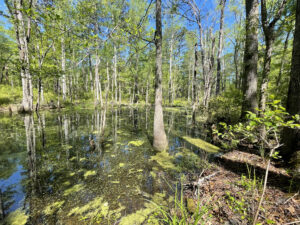
Tell NC to restore wetlands protections!
April 19th 2024
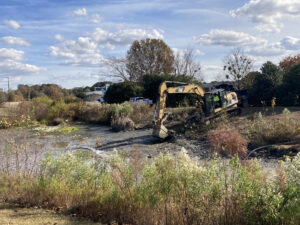
Position available: Stormwater Education Coordinator
April 18th 2024
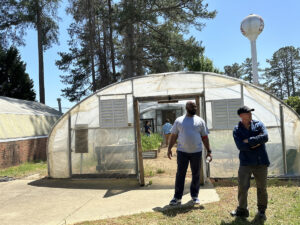
Southern Nash next in line for stormwater projects
April 18th 2024
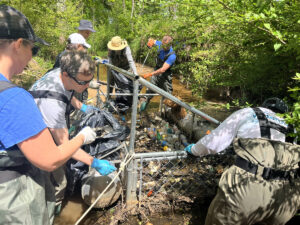
Xylem, Sound Rivers team up for cleanup
April 18th 2024

Sound Rivers launches new podcast
April 18th 2024

Swim Guide gearing up for a seventh season
April 11th 2024
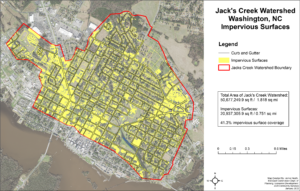
Feedback needed for Jack’s Creek plans, projects
April 11th 2024

Pamlico-Tar Riverkeeper talks water quality
April 11th 2024
